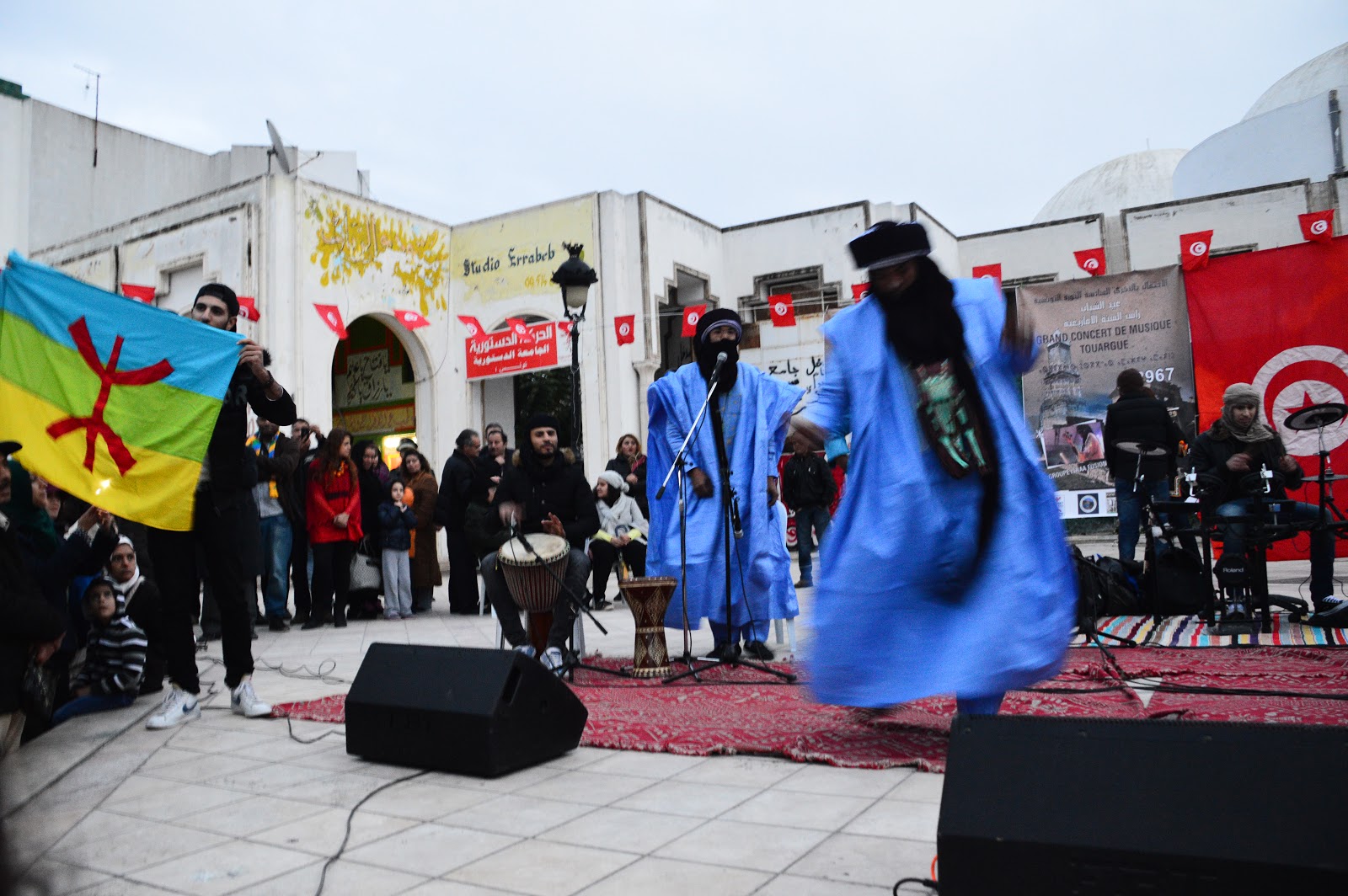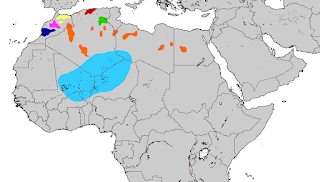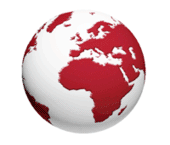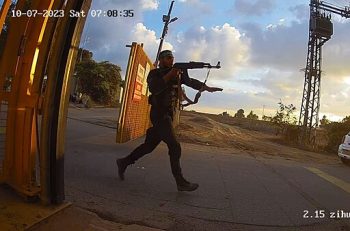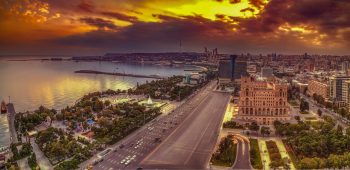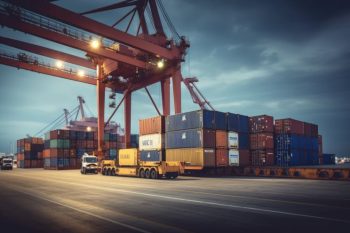GEO´ INSIGHTS: The Berber factor in Geopolitics …
The Berber factor in the geopolitics of Africa: separatism and Western influence
Iain Fraser – Consultant Editor
City of London Newsroom
United World have produced a thought provoking article examining the Berber factor and its
effect on the Geopolitics of Africa.
As an avid commentator on Africa, I found this in-depth report both illuminating and thought
provoking, taking that should be the raison d’être for all editorial pieces, United World have definitely done their job.
The Berber population of northern Africa, is estimated at around 50 million people. The group
factors heavily into a number of armed conflicts in the region and has recently begun to manifest
as a factor in the activities of political movements and NGOs.
During the events of the Arab spring of 2011, Berber flags began to appear at protests in North
African countries. The constitution of 2011, adopted as a result of protests in Morocco, officially
recognized the Amazigh language. That same year in Algeria, the Berber language was recognized as
the national language, and in 2016, it received official status.
In Libya, the overthrow of Muammar Gaddafi’s government resulted in a civil war. However, the Amazigh people (the Imazighen) took advantage of the instability of the state and achieved relative autonomy.
In contrast to the Tuaregs of the south who were a bastion of support for Gaddafi and his relatives,
the Imazighen of Libyan North actively participated in the pro-Western rebellion. The offensive that
eventually captured Tripoli started in the Berber Nafusa Mountains.
In the municipalities now under their control (Zuweira and Nafusa mountains) the local Berber dialect is being taught in schools. Tamazight inscriptions can be seen throughout Berber settlements.
In 2016-2017, protests swept the Rif region of Morocco led by the Hirak Rif movement. Participants in these protests said they opposed corruption, the arbitrariness of the authorities and high unemployment rates. They also criticized the central authorities for neglecting the region’s problems. Interestingly, Rif is a prominent area for the illegal growth of marijuana, which is then exported to Europe.
However, contrary to the aspirations of local drug producers, the Moroccan authorities are in no hurry to legalize their business.
It is significant that during the protests that gripped Rif at that time, protesters were seen waving the flag of the independent Republic of the Rif, which existed between 1921 and 1926.
During the protests that swept Algeria in 2019, eventually leading to the resignation of President Abdul Aziz Bouteflika, Berber flags came to the fore again. The then head of the General Staff of the Algerian Army General, Gaid Salah (who de-facto ruled the country until his death on December 23, 2019) had banned the public use of these symbols.
Thus, since 2011, the Berber factor has become more relevant in the political life of North Africa. Berber flags have become a significant symbol of protests. The movements associated with the “Arab Spring” have a distinct Berber dimension. However it should be noted that the region had previously witnessed many purely Berber protests, one which took place in Algeria in 1980 which was called “the Berber Spring.”
About United World
At UWIDATA, distinguished intellectuals from all over the world are coming together to understand and describe the multipolar world as it unfolds with cutting edge analyses of the most critical geopolitical developments of the day.
Special investigations and the expert articles of the United World International were quoted by the influential media of the Middle East (Al Arabiya , Al Yaum, Anadolu, Demirören News Agency, Tasnim News Agency, Mehr News Agency, Gazete Duvar, ساسة بوستصحيفة اليوم , عاج)
Content extracted from The Berber factor in the geopolitics of Africa: separatism and Western influence by United World.
First posted: 24/02/2020

